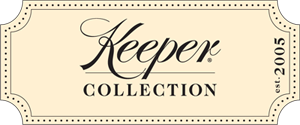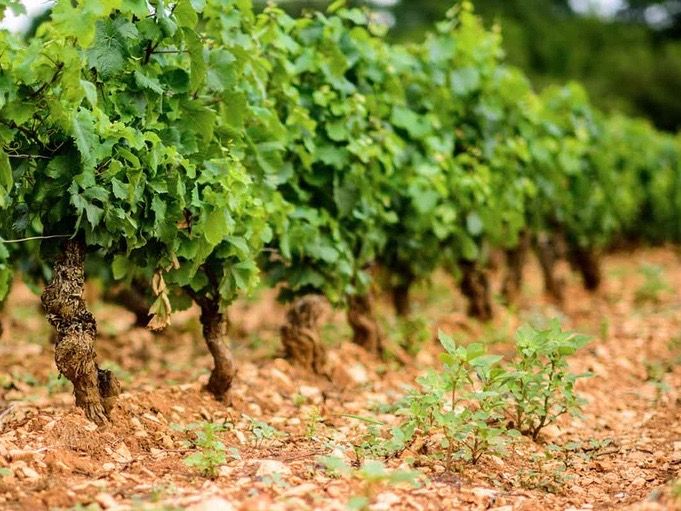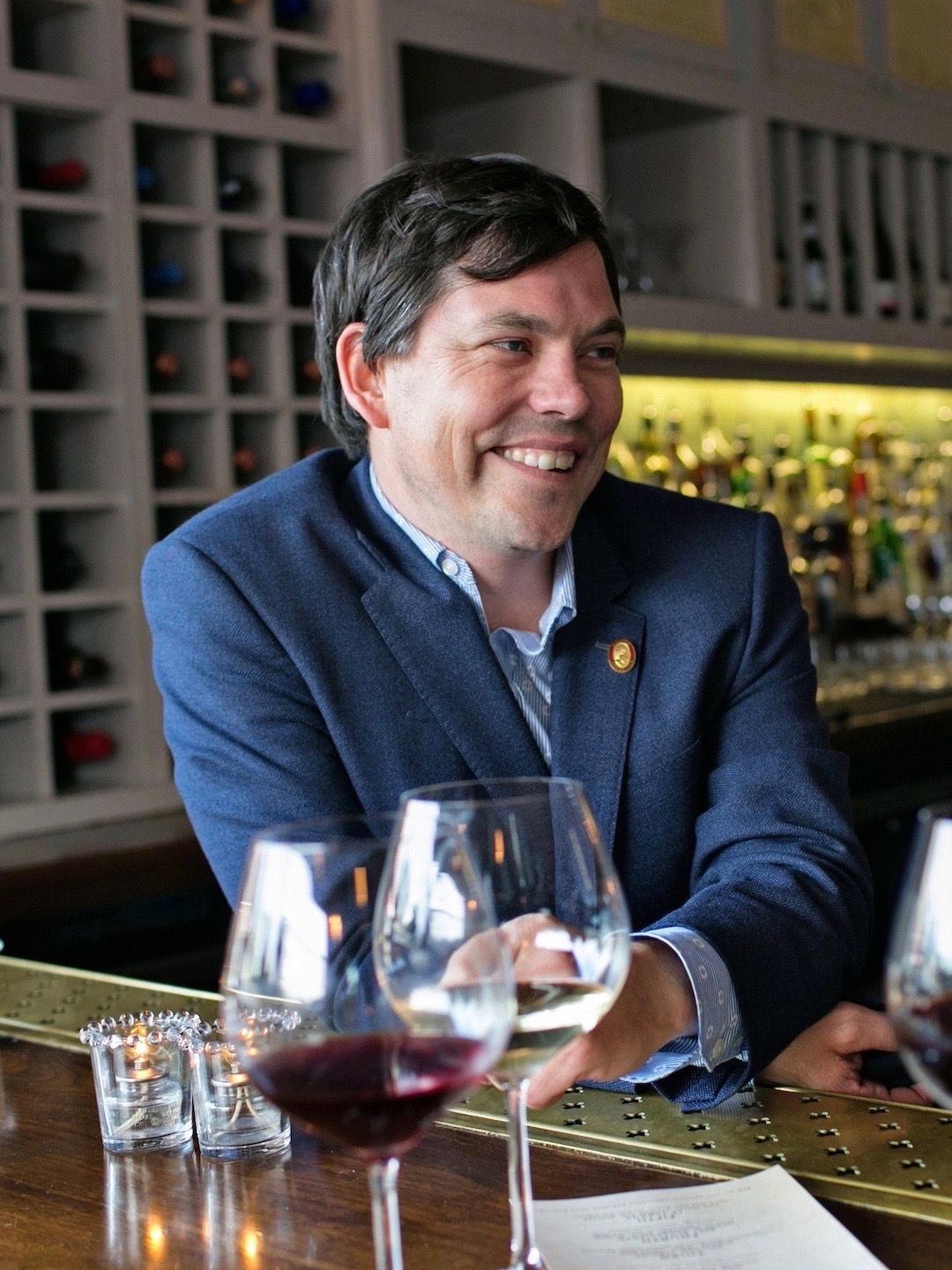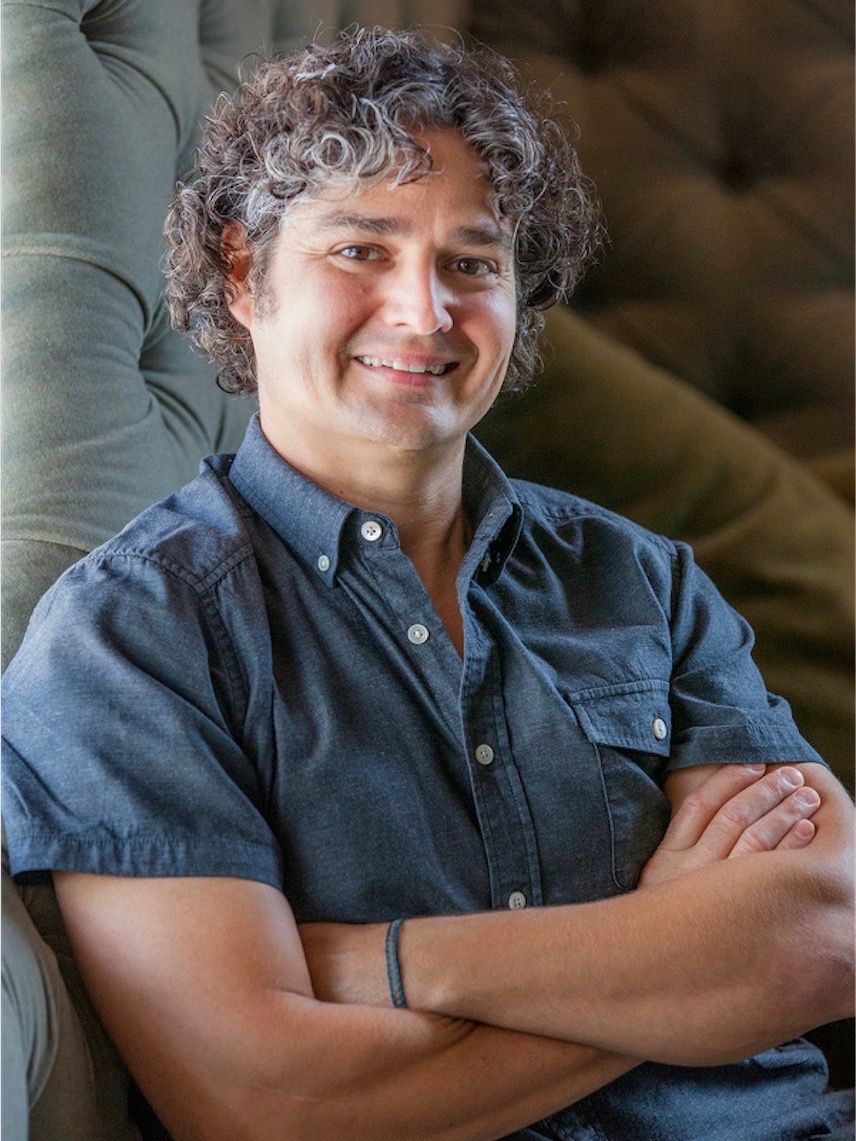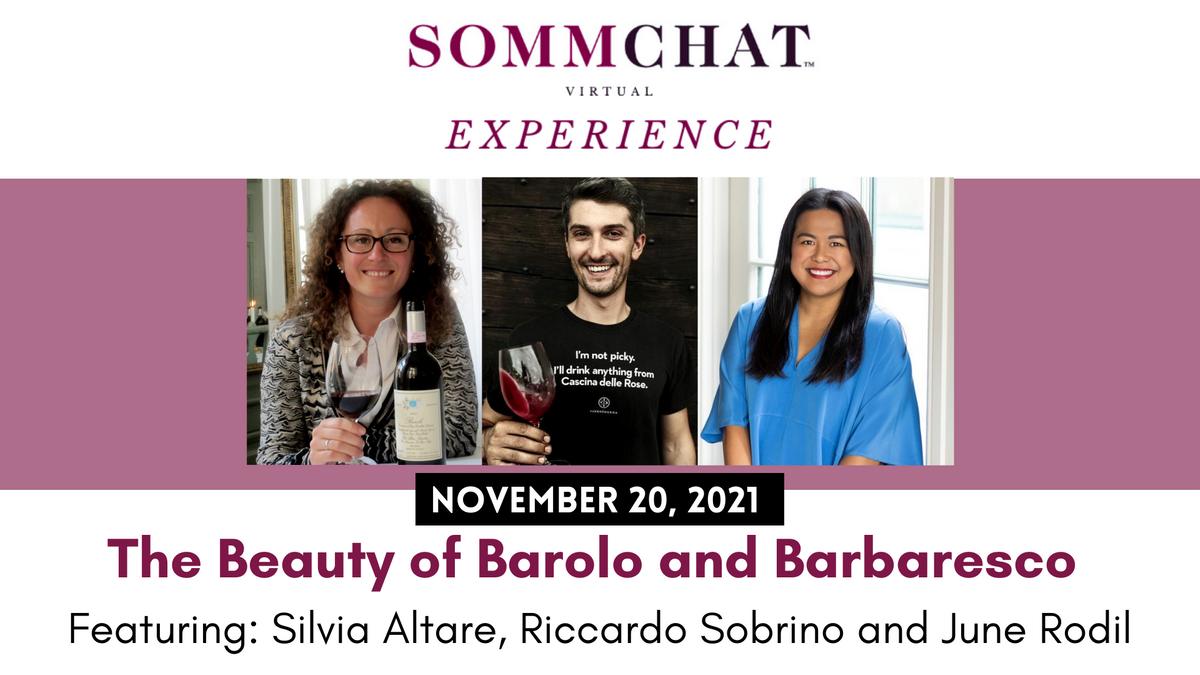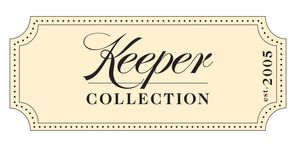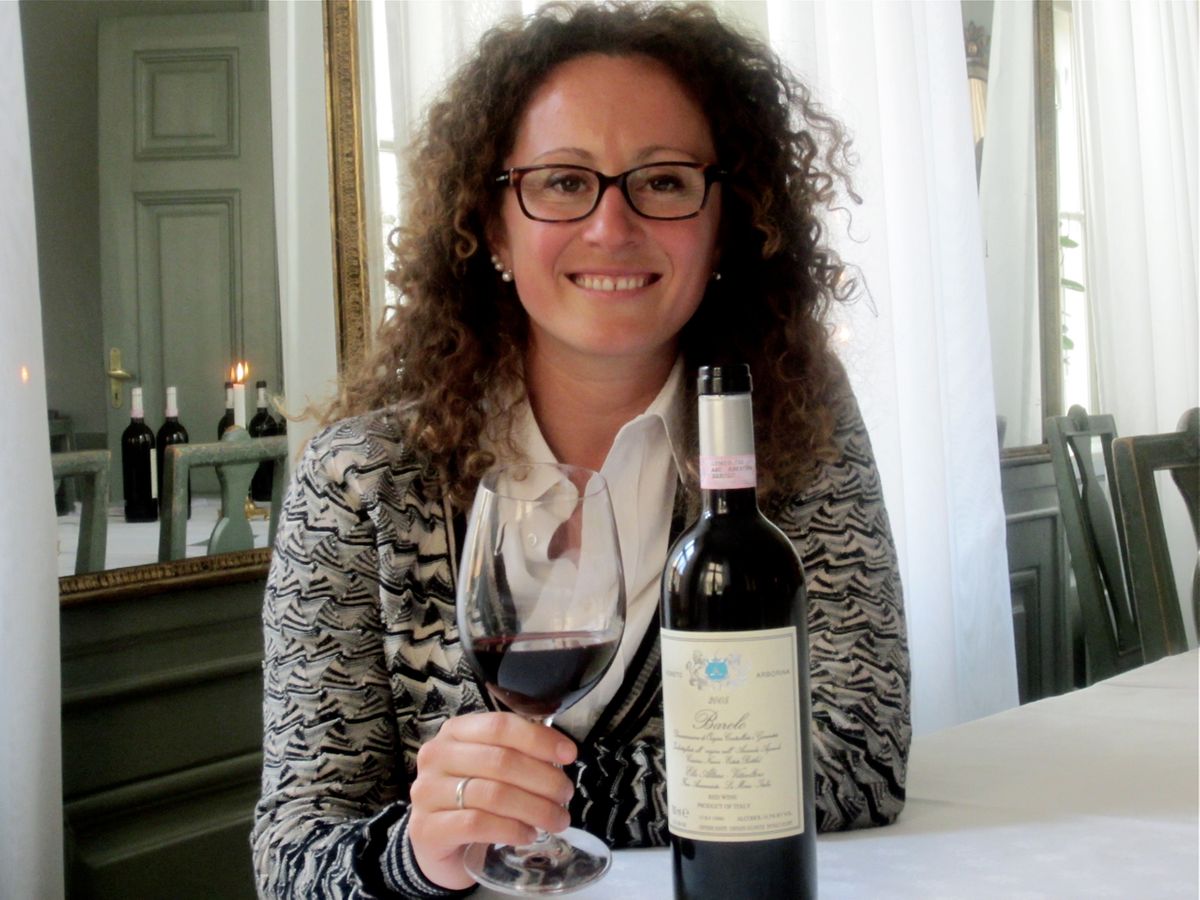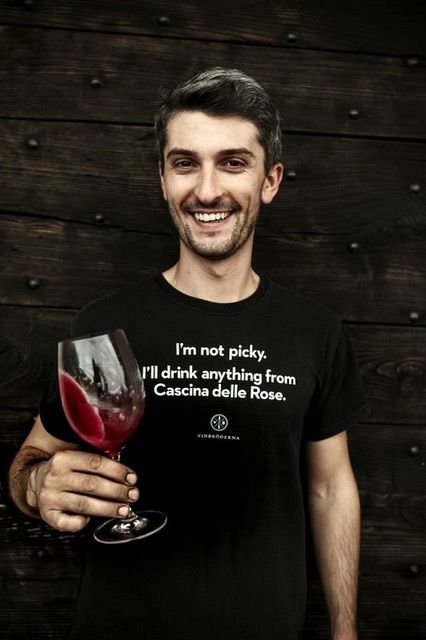What does it mean for a wine to be complex?
DEVON BROGUE, MS: "Complex" in wine refers to the different flavors, textures, and layers that comprise the overall experience. A wine that smells, tastes and/or feels of many different things or even one that instills a sense of wonder regardless of the ability to explicitly explain what it is. This is complex.
JUNE RODIL, MS: Think in dimensions. Is it one dimensional versus three dimensional? Is this a short story or a David Foster Wallace novel? How many layers are there? Is this a Will Ferrell Comedy or a Charlie Kaufman film? Sometimes complexity can be confusing — if you don’t know your palate, you can’t break through the layers and then you don’t want to drink it.
What is decanting and why is it important?
JUNE RODIL, MS: Decanting is
a) Getting air into your wine to “open it up” — think morning stretch. No one wakes up looking like Beyonce, and wine has been sleeping in that bottle.
b) Separating sediment from juice — can be old or new wine. It's important for texture. You don’t want to chew your wine.
c) Bring colder wines to temperature faster — more air, surface area, and room temperature circulation will raise temp faster.
d) A horse and pony show — sometimes a guest just wants to, so why not?
What are the differences between wines that are dry and fruit-forward?
CRAIG COLLINS, MS: Tannin has a “drying” affect on your palate, therefore a dry wine is typically high in Tannin. A fruit-forward wine has more fruit characteristic than earthy minerality or oak notes.
What does terroir mean and how does if affect the taste of a wine?
DEVON BROGLIE, MS: Terroir is the essence that makes a wine "be" from somewhere. Terroir is what makes French wine taste French, Spanish wine taste Spanish, or Californian wine taste Californian.
Does wine taste differ depending on the glass it’s served in?
CRAIG COLLINS, MS: Wine will taste different in different glassware because some wine bowls have a larger mouth than others, exposing more of the wine to air and allowing it to breathe more.
Did you find this post helpful? Do you want to learn more about wine and the winemaking process? If so, log on every Wednesday this #KoolKeeperSummer to follow me as I share my learning experiences with you, and comment on what you’d like to see me cover!
Thanks again to our experts Craig, Devon and June for teaching us "Newbies" about wine!
